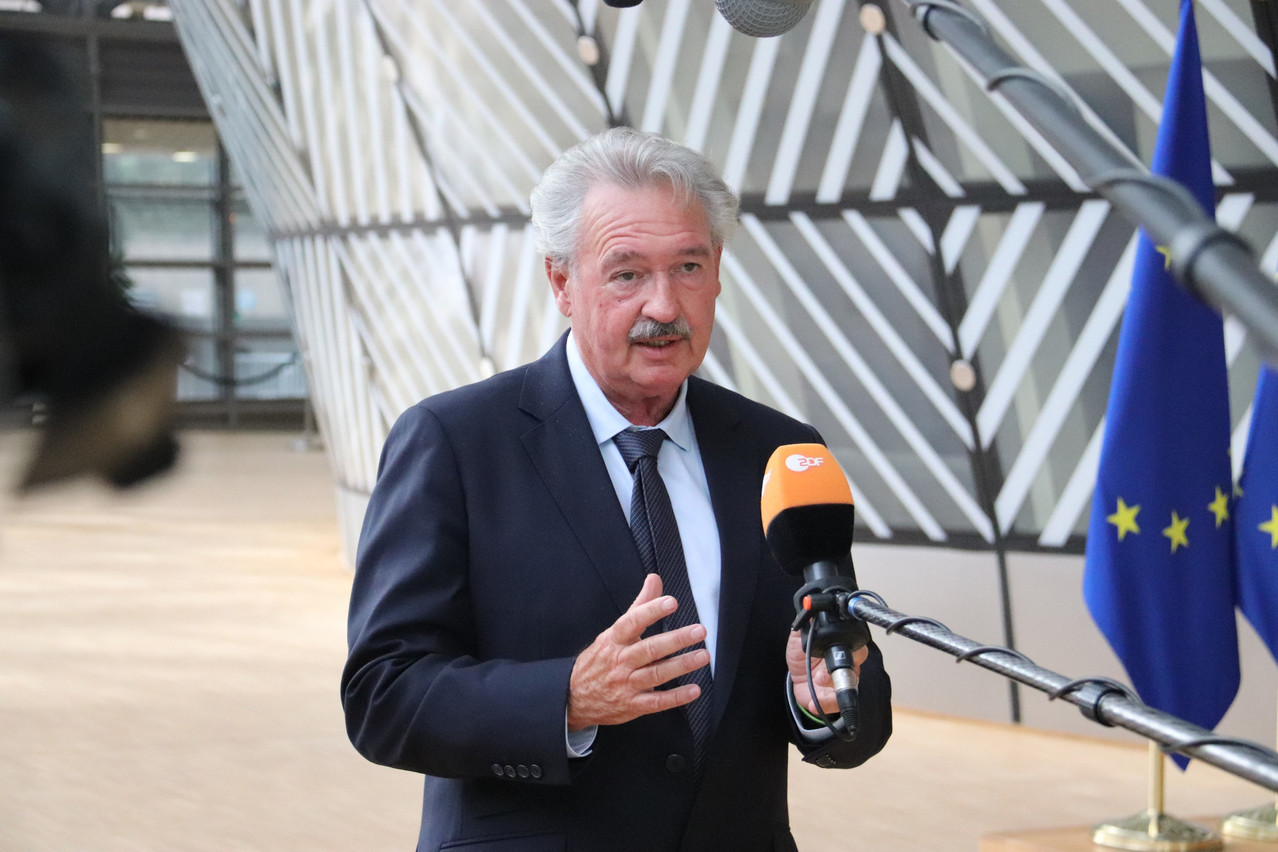Germany, Austria, Denmark, the Netherlands, Belgium and Greece, in a letter addressed to the European Commission, said asylum seekers from Afghanistan should continue being deported back to their home country. Stopping deportations amid rising conflict in the country would “send the wrong signal,” they said, warning that it might encourage people from Afghanistan to seek asylum in the EU.
Asselborn told Germany’s Tagesspiegel in an interview that discussing the deportation of Afghan asylum seekers at this point in time is inappropriate. “There is no guarantee that those affected won’t fall into the hands of the Taliban,” he said.
The Taliban have captured nine provincial capitals in less than a week, now holding more territory than at any time since they were removed from power in 2001 by US and Nato forces.
Nato in April this year said that “there is no military solution to the challenges Afghanistan faces” and started withdrawing troops on 1 May, including .
Asselborn said that it was paramount to provide refuge to locals who supported the EU and UN on the ground. The US has received around 20,000 applications by Afghan workers for special immigrant visas.
The grand duchy has since 2015 participated in Nato’s Resolute Support Mission in Afghanistan, which trains, advises and assists Afghan security forces and institutions.
Financial support of Afghanistan’s security forces will continue. Luxembourg in 2018 committed to spending €4m annually until 2024. In addition to military spending, Luxembourg has contributed around €52.5m in development assistance since 2000 via different UN agencies.
Between January and the end of June this year, 23 people from Afghanistan applied for international protection in Luxembourg, accounting for roughly 5% of asylum seekers, behind Syria (161 applicants), Eritrea (122) and Sudan (30).
